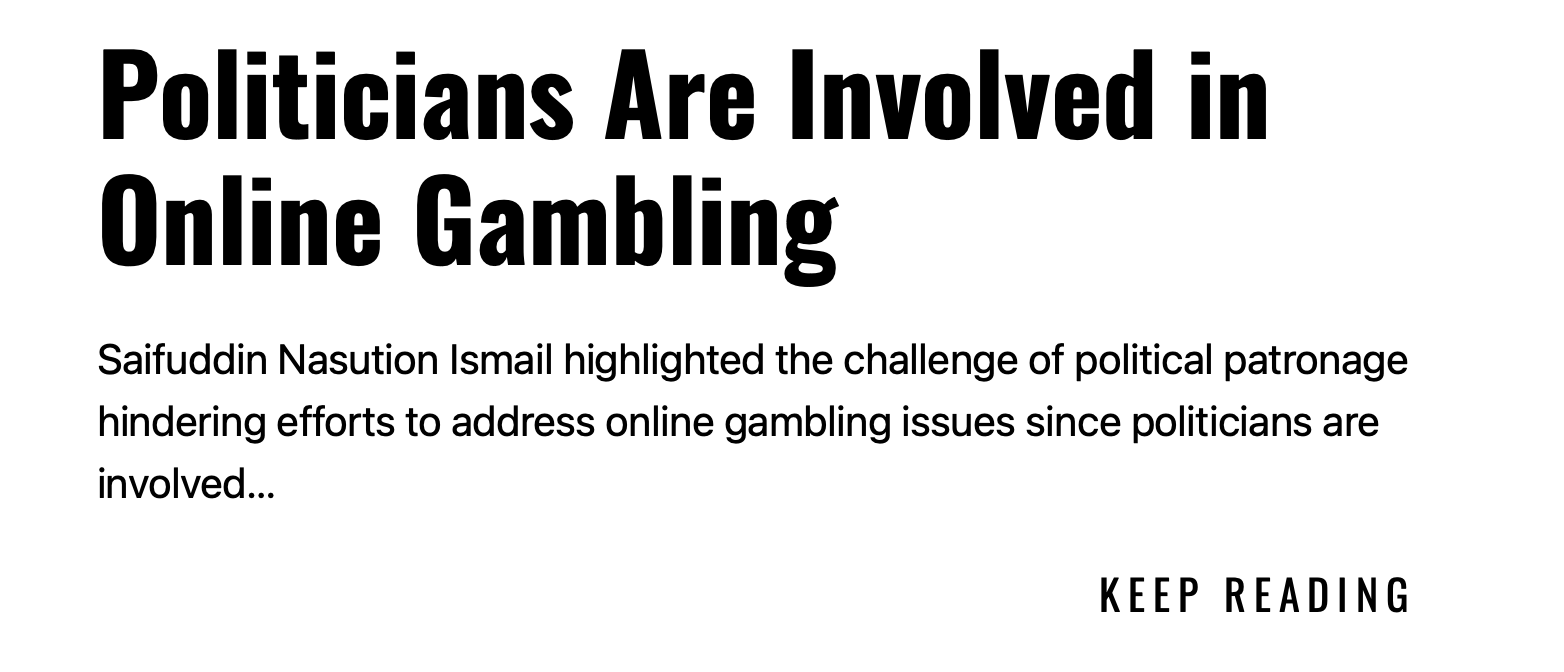Why Does NATO Plan To Open A Liaison Office in Tokyo?
These four countries, Japan, Australia, New Zealand, and South Korea, are among NATO's closest and most capable partners in the Indo-Pacific, sharing common values and interests with the alliance.

NATO, the military alliance consisting of 30 nations, was formed in 1949 to counter the Soviet Union's threat. Its primary objective is to ensure collective defense among its members against external aggressors.
In recent years, NATO has encountered new opportunities and challenges in the Asia-Pacific region, where China and Russia have expanded their influence and military capabilities. China, in particular, is perceived as a "systemic challenge" by NATO due to its authoritarian regime, human rights violations, cyberattacks, disinformation campaigns, and territorial disputes with neighboring countries.
NATO in Tokyo
To address these concerns and enhance collaboration with like-minded partners in the region, NATO has reportedly made the decision to establish a liaison office in Tokyo in 2024. This office will serve as a central location for dialogue and coordination with Japan, Australia, New Zealand, and South Korea. These four countries are among NATO's closest and most capable partners in the Indo-Pacific, sharing common values and interests with the alliance.
Varied Reactions
The proposal to create a NATO liaison office in Tokyo has garnered diverse responses from different actors and regions. According to Nikkei Asia, NATO and Japan aim to strengthen their cooperation in combating cyber threats, disinformation, and emerging disruptive technologies. Opening in 2024, this liaison office will be the first of its kind in Asia, facilitating regular consultations between the military alliance, Japan, and key partners such as Australia, South Korea, and New Zealand.
This proposal is seen as a response to the escalating challenges posed by China and Russia in the Indo-Pacific, where they have conducted joint patrols in the Sea of Japan and the East China Sea. NATO argues that China poses significant challenges to Euro-Atlantic security and has committed to "enhancing dialogue and cooperation with new and existing partners in the Indo-Pacific." However, China has criticized the proposal, considering it unwelcome and accusing NATO of extending its influence into the Asia-Pacific and provoking ideological confrontations.

France is also cautious about the plan and does not support the establishment of a NATO liaison office in Japan, as stated by an official. France asserts that NATO's mandate is limited to the North Atlantic and that the organization's statutes clearly reflect this regional focus. Additionally, France is concerned that anything exacerbating tensions between the alliance and China would undermine its own interests in the Indo-Pacific, where it maintains overseas territories and a naval presence. President Macron reportedly considers the move a "significant mistake."
A Global Partner of NATO
On the other hand, Japan eagerly seeks to deepen its partnership with NATO, considering the alliance a close and capable collaborator sharing the same values, interests, and concerns. While not a NATO member, Japan holds the status of a global partner within the organization. Since the early 1990s, Japan has collaborated with NATO in various areas, including cyber defense, maritime security, humanitarian assistance and disaster relief, non-proliferation, science and technology, human security, and Women, Peace, and Security. Japan has also supported NATO's positions on Ukraine and Russia and was the only Asian country from the G7 to attend the NATO Summit in Madrid in June 2022.
However, the establishment of the liaison office may face challenges and criticism from different stakeholders. China, for instance, has already expressed opposition to NATO's involvement in the Asia-Pacific, accusing the alliance of provoking confrontation and engaging in bloc politics. France, one of NATO's founding members, has reportedly expressed reservations about the liaison office plan, arguing that it goes beyond NATO's geographical scope and mandate. France might even veto the plan at the North Atlantic Council, where unanimous approval is required.
Consequently, the success of the liaison office plan relies on careful diplomacy and effective communication from NATO and its partners to avoid exacerbating tensions.
In conclusion, NATO's decision to open a liaison office in Tokyo represents a significant step in its efforts to adapt and engage in the Asia-Pacific region. It reflects NATO's recognition of the region's importance and complexity in terms of security and prosperity.
While facing diverse reactions and potential challenges, the establishment of the liaison office provides an opportunity for NATO and its partners to strengthen dialogue, cooperation, and uphold a rules-based international order. By addressing emerging threats and collaborating with like-minded nations, NATO aims to navigate the evolving dynamics of the Indo-Pacific and contribute to regional stability.

Visit World Future for more foreign news and regional Asean stories

